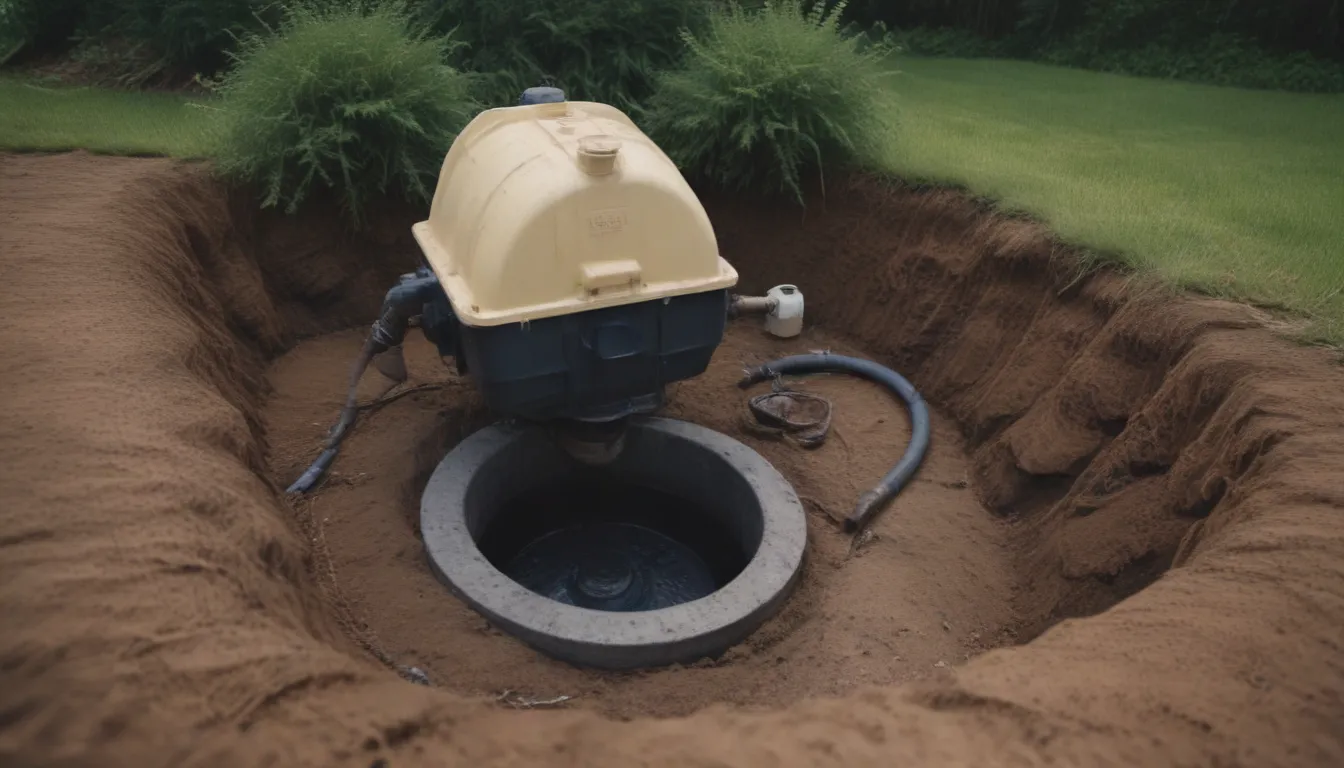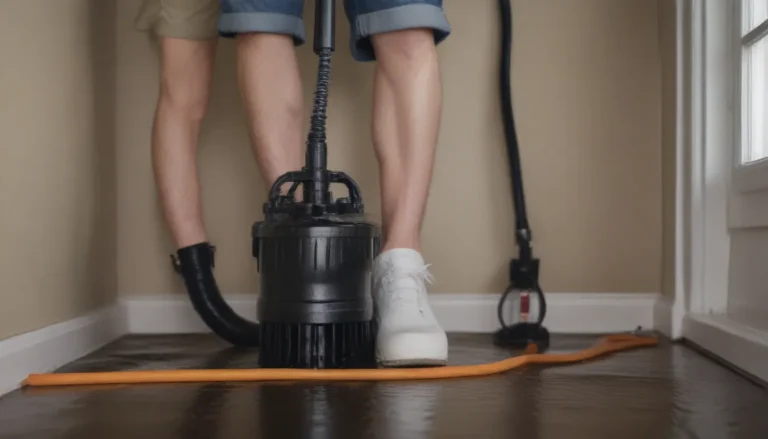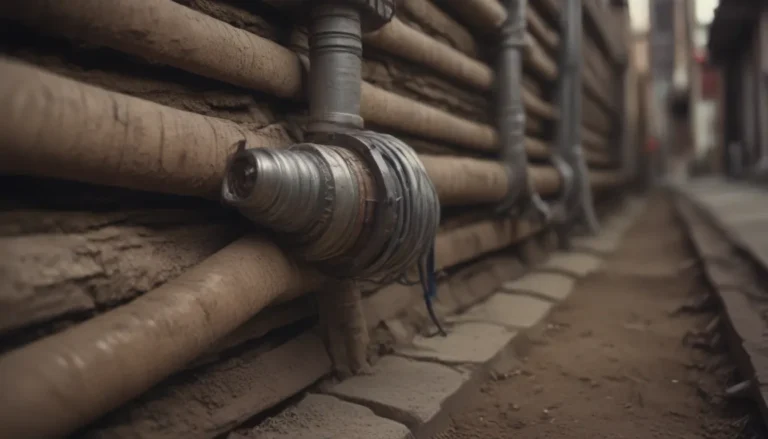Everything You Need to Know About Septic Tank Cleaning

If you own a home with a septic tank, it’s important to understand the costs and factors involved in keeping it clean and maintained. Neglecting your septic tank can lead to costly repairs and unpleasant issues in your home. In this comprehensive guide, we will delve into the various aspects of septic tank cleaning, from the factors that affect the cost to additional maintenance expenses you should consider. Let’s explore everything you need to know to ensure your septic system stays in top condition for years to come.
Understanding Septic Tank Cleaning Costs
Septic tanks play a crucial role in managing home waste, acting as a collection and filtration system within the septic system. Regular cleaning is essential to prevent backups and maintain the system’s efficiency. The cost of septic tank cleaning typically ranges from $288 to $556, with an average cost of around $400. This average cost translates to approximately $0.30 per gallon, meaning the size of your tank will impact the overall cost. Here are the key factors that can influence septic tank cleaning costs:
Size of the Tank
The size of your septic tank is a significant factor in determining the cleaning cost. Standard home tanks range from 1,000 to 1,500 gallons, with smaller homes potentially using 750-gallon tanks and larger homes opting for 1,750-gallon tanks. The larger the tank, the higher the cost of cleaning. On average, homeowners can expect to pay:
- $175 to $300 for smaller tanks
- $225 to $600 for average-size tanks
- $400 to $700 for large tanks
Usage and Cleaning Frequency
The frequency of septic tank cleaning depends on factors such as regular usage and the number of occupants in the home. The Environmental Protection Agency recommends cleaning your tank every three to five years. Signs that your tank needs cleaning include unpleasant odors, slow drains, and backups in your home or leach field. Homes with more residents will require more frequent cleaning to prevent issues with the system.
Septic Tank Cleaning Process
The cleaning process involves locating and opening the tank’s compartments for pumping. Regular maintenance is essential to prevent debris buildup on the tank walls, which may require hydro jetting at an additional cost. The technician will pump out the waste, clean and backflush the tank, and conduct a final inspection for any damage.
Additional Costs to Consider
Beyond the standard cleaning process, homeowners should be aware of additional costs associated with maintaining a septic tank. Regular maintenance, repairs, and inspections are crucial to ensuring the system’s longevity and functionality. Here are some additional costs to consider:
Septic Tank Maintenance
Regular maintenance is essential for keeping your septic system in top condition. Expect to spend around $100 to $1,000 per year on treatments and inspections. A simple inspection can cost $150 to $450 and includes assessing the tank’s condition and components.
Septic Tank Repairs
In the event of damage, repairs can cost between $600 to $3,000, depending on the extent of the damage. The average lifespan of a septic tank is 20 to 30 years, and in some cases, replacement may be necessary. Concrete tanks are the most durable option but can cost over $6,750.
Sewer Line Inspection
Inspecting the drain lines and sewer system can cost between $250 to $1,400, depending on the size and accessibility of the system. This inspection can reveal cracks, leaks, or clogs that need to be addressed to maintain the system’s functionality.
Clog Removal
Clogged septic lines can lead to backups and messy situations in your home. Unclogging the system can cost between $350 to $1,000, depending on the location and severity of the clog.
Questions to Ask About Septic Tank Cleaning
Before hiring a septic tank cleaning crew, it’s important to ask the right questions to ensure they are qualified for the job. Here are some key questions to consider:
- How often should I clean my septic tank?
- What is included in the cleaning process?
- Do you offer maintenance services?
- What is your pricing structure?
- Are you licensed and insured?
- Can you provide references from previous clients?
By asking these questions and staying informed about the septic tank cleaning process, you can ensure that your system remains in optimal condition for years to come.
In conclusion, maintaining your septic tank is essential for preventing costly repairs and ensuring the efficient operation of your home’s waste disposal system. By understanding the factors that influence cleaning costs and staying on top of regular maintenance, you can prolong the lifespan of your septic tank and avoid unpleasant issues in your home. Remember to schedule regular cleanings, inspections, and repairs to keep your septic system running smoothly. Stay informed and proactive in caring for your septic tank to enjoy a healthy and functional home environment.





